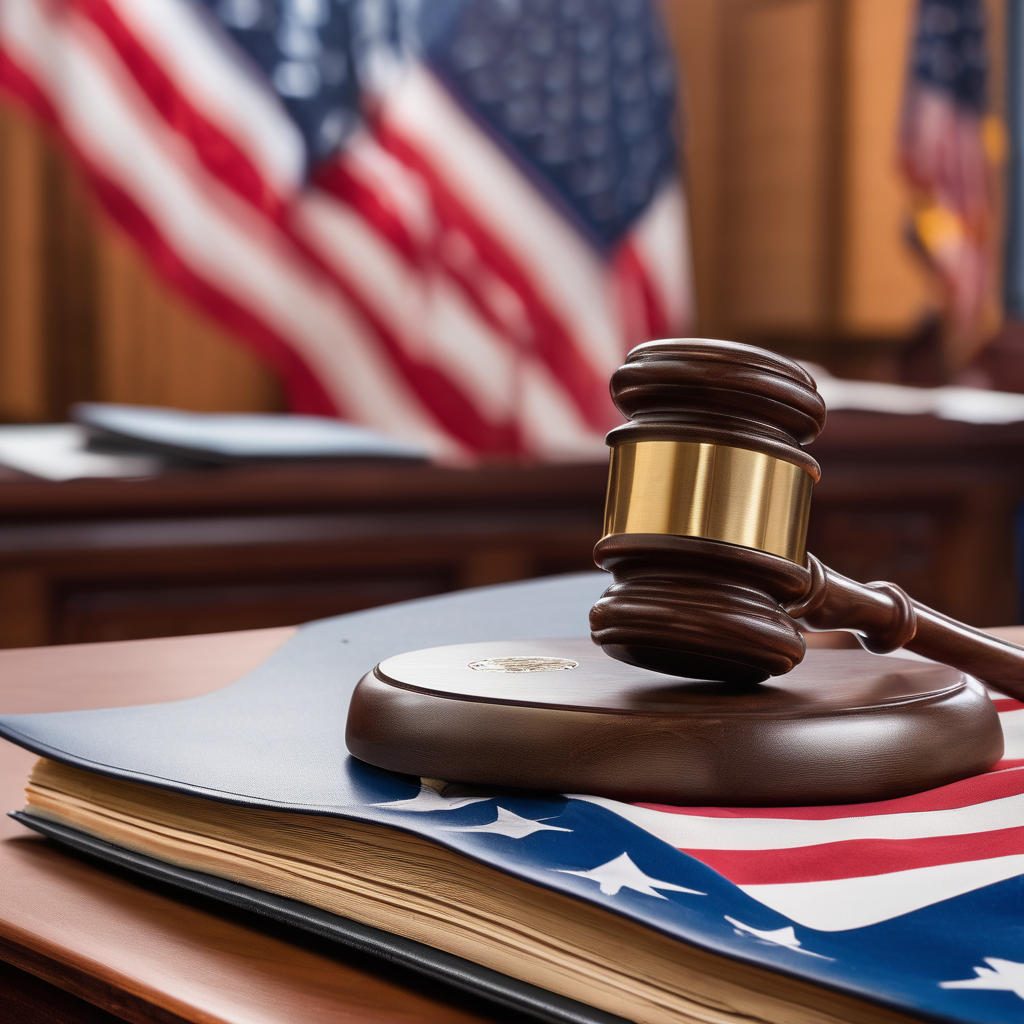EL PASO, Texas — For over four months, defense attorneys appointed by federal courts across the United States, including those in El Paso, have been continuing their work without compensation. This situation stems from a funding shortfall nearly all defense lawyers were unprepared for, significantly impacting their ability to provide essential legal services.
Cori Harbour, a Criminal Justice Act (CJA) panel attorney with two decades of service, revealed that she last received payment on June 30. The funding intended for court-appointed defense work ran out quicker than forecasted. “We started getting notices in March that there was a funding shortfall,” Harbour explained. “The funds, which were anticipated to last until late July, were depleted by July 3.”
The CJA program ensures legal representation for defendants in federal criminal cases who cannot afford an attorney, honoring the constitutional right established under the Sixth Amendment. With over 12,000 panel attorneys nationwide collaborating with federal public defenders, the growing funding crisis threatens the integrity of this crucial legal service.
As the government shutdown began, many attorneys faced an even harsher reality. “October 1 came and went, and because of the shutdown, nothing’s being processed,” Harbour noted, expressing concern over the inability to sustain their legal practices without payment. Reports indicate that the Administrative Office of the U.S. Courts currently owes more than $90 million to panel attorneys for work completed in fiscal year 2025, with the shortfall likely extending into the next budget year.
In response to the lack of funds, many attorneys, including Harbour, have sought alternative employment. “I’ve pivoted to doing things I normally wouldn’t—guardian ad litem cases, wills and trusts, even probate work,” she said. Additionally, as a municipal court judge, she has taken on extra shifts to maintain financial stability during this troubling time.
Harbour sees this funding crisis as indicative of a wider political imbalance within the federal justice system, highlighting the disparity between fully funded prosecution and investigative branches versus the dire funding for defense. “If you look at it, we have a fully funded investigative branch and prosecution branch, but we don’t have a fully funded defense branch,” she remarked, pointing out the adverse effects this imbalance has on defendants awaiting trial.
The ramifications of the funding crisis are evident as some trials face delays for the inability to hire necessary experts or investigators by defense teams lacking guaranteed payment. Judges are responding by granting continuances or halting proceedings altogether, which Harbour emphasized is particularly unfair to defendants who remain incarcerated while awaiting their time in court.
Despite overtures to lawmakers for support, Harbour has been met with the unfortunate response that little can be done until a new budget is established. “We’ve been told, ‘We appreciate the work you’re doing—please keep doing it,’” she said. “But we can’t keep doing it for free.”
With the ongoing uncertainty, Harbour hinted that this funding crisis could force her to reconsider her long-standing involvement with the federal panel. “I think this might be it for me unless I see some real changes,” she admitted, labeling the situation as exhausting and unsustainable for dedicated legal professionals.
Addressing the public, Harbour underscored the significant implications of the funding lapse, stating, “About 90% of defendants in the federal system require a court-appointed attorney. If this continues, we’ll lose experienced attorneys, and defendants’ constitutional rights will suffer.” Her plea highlights the urgent need for a resolution to ensure fair legal representation within the federal justice system.
